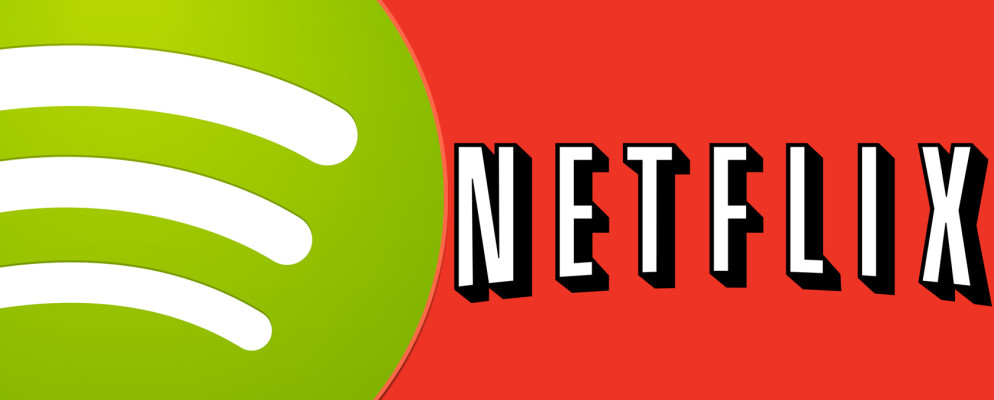It’s not a secret that the music industry has changed dramatically with the rise of streaming services like Spotify and SoundCloud. Yet, what people tend to focus less on is the way that TV and movies are changing and will continue to change with the rise of younger generations. Very simply, teens aren’t watching TV anymore. At least, not the in the traditional sense. They’re watching Netflix, HBO and Hulu, or sites that don’t have commercials and make their favorite shows accessible at any time.
But, it’s not just the ability to skip commercials, it’s representation. Streaming services and YouTube tend to do a better job representing people of all different races, sexualities and gender. Traditional forms of entertainment are largely dominated by white, straight males, especially in “hero” roles. That’s part of the reason why “Wonder Woman” did so well. It represented a woman in a role that is traditionally dominated by men, superheroes.
It’s no wonder why Gen Z, especially, prefers to watch YouTube. It’s a platform that allows anyone to share their ideas and teens are able to find people who are like them, resulting in a community that is unmatched by any traditional movie studio.
Gen Z is the most diverse generation yet. They’re growing up in an age where they don’t know any differently and see events like the first Black President being elected and the legalization of gay marriage as normal. They’ve also seen Caitlyn Jenner as one of most popular celebrities and her transition from male to female.
The internet and younger generations are changing entertainment and it’s slowly becoming a place where the only things that are watched are sports. Over the next 10 years, we’ll continue to see it change as Gen Z and millennials become adults and don’t purchase TV packages. This is especially evident with Disney’s streaming service announcement, separate from Netflix (set for 2019), and other major studios are expected to follow.


